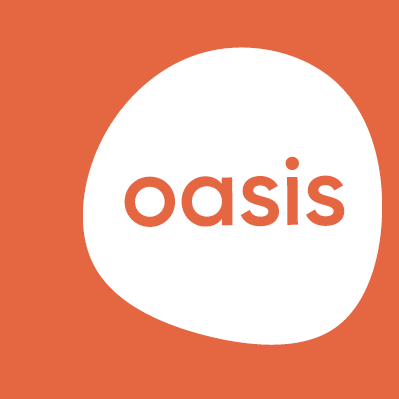Writing for resilience
I was moved to write in response to the RAW Newsletter on Loneliness at Work. The piece written by Cathy touched me. It spoke to me about many of the ongoing issues I have encountered over the past 10 years working as an Executive Coach and Consultant Supervisor with individuals and teams in various workplace settings.
I too have witnessed an increase in loneliness at work. Changes around technology and working practices appear to offer ‘flexible working’ but can leave staff feeling disconnected and isolated.
The impact of that isolation, often coupled with increased work demands as organisations cut costs, can be profound. It can leave staff feeling overwhelmed and under supported.
All these factors then press in on the individual resulting in a reduction in confidence, sometimes performance, and understandably, a tendency to withdraw. I have heard many staff say, “Everyone else seems to be coping and getting on with it – so what’s wrong with me?”
The importance of sharing our experiences and finding ways to connect in the workplace is crucial and the section in Cathy’s piece entitled What Can You Do has some excellent suggestions.
Expressive and Reflective Writing for Resilience
I want to focus here however on a personal and professional self-help approach using writing. I have found it extremely helpful in enabling people to take those first steps to connecting with peers, teams and communities.
We know that the single most predictive factor of our capacity to manage stress and be resilient is having strong supportive relationships.
Expressive writing, whilst initially a ‘solitary’ activity, can in fact enable emotional regulation, understanding and self-acceptance. This can then lead to more clarity in our thinking. It can eventually lead us to actions we might take to start connecting with others.
When we are feeling disconnected, we often know cognitively that we need to talk and open up. However, if we feel anxious and isolated, and believe that everyone else is coping, we are unlikely to want to risk being open and vulnerable.
One option is to listen to ourselves, through our writing. This can, in my experience, help us figure out what we want to say to others.
An expressive writing prompt
Here is an example of one expressive writing prompt I use with individuals:
Write a list of 5 things that are stressful for you at work.
Focus on one which is wearing you down particularly.
Bring to mind a person at work you consider helpful and supportive. Write a letter to them asking for help with this issue.
Finally, you might either respond as if you are the helpful other and/or speak with that person.
Writing around themes such as these offers us a starting point where we are in control, as the writing is for our eyes only. It can also lead to the option of sharing in a group. If there is a culture of using expressive and creative writing in an organisation this can help develop a ‘safe’ environment to build connections and resilience.
I have used writing in supervision groups to enable people to take these first steps to reconnect with themselves. They can then reflect on what actions they will take to connect with colleagues, either for their own support or to give to others.
Connecting with others and tuning in to ourselves
Writing for resilience offers a starting point for some employees, particularly the introverts I suspect, to think about and plan ways to be more engaged and connected at work. For extroverts too, who find being with others ‘energising’, writing can support the impact of change and isolation at work and help reconnect with self and others.
Whether we are introvert or extrovert, writing can help us tune in to ourselves. It can enable us to feel more psychologically safe and self-accepting. I’m pleased to add that the evidence base for expressive writing for physiological and psychological wellbeing is robust.
Expressive writing, as in the example above, is writing freely for a set period of time and often uses ‘prompts’. More importantly, it’s also a way of switching off the conscious mind, so we don’t need to worry about grammar, spelling, or getting it ‘right’.
When we allow our writing to flow uncensored in this way we can reach deeper beyond the thinking, conscious mind. It can yield surprises and sometimes amazing, and unexpected, ‘answers’ to our questions.
Try the prompt above and see where you go. I now use writing along with poetry therapy as a key part of my work with individuals and groups.
Pam Winter
Learn more about the Oasis Raw Network. Contact us for more information on how we can help embed employee wellbeing through our oasis counselling services.


